The travel, tourism and hospitality sector has been “decimated” by the Covid-19 crisis and “it needs every opportunity to help its recovery,” HoCoSo chairman Jonathan Humphries said, setting the scene for HoCoSo Connect’s first open forum.
He noted that most of Europe is starting to come out of the crisis and “we want to move the dialogue forward in terms of creating experiences and communities for the future. For the hospitality sector, this is a golden opportunity to help position itself for success going forward.”
Even before the crisis, HoCoSo had labelled 2020 as the ‘year of community’ and had created a methodology, termed the ‘experience community spectrum’ to promote community building through shared experiences.
The session got underway with short presentations by three guest speakers: Simone Gibertoni, CEO of world-leading, exclusive medical and wellness group Clinique La Prairie (CLP); Mariana Palmeiro, co-founder of wellness company Well Culture and co-founder of neuroscience and wellbeing start-up, Field; and Monika Kanokova, a community strategist who presented a TEDx talk about building communities entitled ‘How to use social media in a non-toxic way’.
In terms of building a community, CLP counts on word of mouth and what Simone Gibertoni calls ‘evangalisation’. A combination of hotel, hospitality and wellness centre, “we are selling a one- to two-week unique experience with our guests.” Its mission: to help clients live a “longer, healthier and better life” and its goal, the “transformation” of the guest. “We are creating a system to help client not to revert to their old ways after leaving CLP”, Gibertoni said “the proof that we’re delivering the experiences is how many clients are talking with friends about us.”
Indeed, some 70 percent of CLP’s clients return to the centre, choosing to pay more than 30,000 USD for the experience even though they have “infinite possibilities.” CLP “cherry picks” the clients, Gibertoni said, as “the only way for us to sustain our business is to have returning clients.”
Picture: Clinique La Prairie
Mariana Palmeiro then outlined how the start-up she has joined, which sees itself as an ‘experience company,’ is developing a prototype pod which will scan and assess the brain activity of users clients. One of the anticipated health benefits would be a reduction in anxiety and stress levels. “I’m a hotelier by trade and worked for many years in the spa and wellness environment. I came into this tech start-up that wanted to build a very big platform where people are going to connect with headsets to have their brain perform at peak.”
The company aims to “deliver a very immersive and very exclusive experience” and is seeking to build a community with other start-ups and institutions which are also in the neuoscience and neurotraining space. “We’ve come to a very interesting position right now, where we’re able to integrate other people’s technologies by having a very collaborative effort in terms of finding investment. The tech development is open-sourced to the whole world because we want people to have access to this.” Palmeiro said the company is advocating this notion of ‘democratising’ and allowing access to the technology so that a strong community of like-minded start-ups can develop “that understands the need to take care of people’s privacy and handling data correctly, but also financially in terms of development.”
Picture: youtube video : “Bringing your brain back to balance | HSBC Jade Enrich List | FT Partner Content” – Featured in Field LLC Press.
The start-up aims to launch the product in high-end, exclusive wellness centres and medical clinics, so ‘democratization’ will be somewhat limited. However, Palmeiro insists that scalability will be “an interesting part of this concept.”
Unlike Gibertoni and Palmeiro, community strategist Monika Kanokova’s activities “are very far from luxury” as they focus more on grassroots initiatives such as a café in Austria which employs pensioners on a part-time basis. When the crisis took hold, the café has had to explore options such as crowdfunding and the creation of a baking academy in order to survive and “just make a living.”
Picture: Vollpension café in Vienna
Humphries highlighted how Airbnb has pivoted during the crisis towards promoting experiences, given that people have been unable to travel. “What’s interesting is that these experiences can be virtual. You can connect with people, have lasting memories and share emotions. It does create change, even for a limited period of time. So, I wonder if that’s going to change the game a lot, the ability to have these experiences potentially online as well as in person.”
Kanokova spoke during the online session about “the moments we go through a mutual struggle.” She also pointed out that communities have a mutual vision as they “look or hope for something.”
She also had previously been involved in Kickstarter’s rollout in Europe and said that, in crowdfunding, “people who are comfortable asking for help and who are vulnerable enough not to hide behind a brand but be very human” are the ones who succeed. Now “we’re all the same boat,” she said, “and when I think about who is going to come out stronger out of this, it’s people who are able to open up their community about what is really going on behind the curtains.”
Many companies, especially in the hospitality sector, at present are more focused – rightly or wrongly – on survival and getting through the next two quarters, while looking for opportunities in terms of distressed assets. “The winners are going to be how they deliver practical trust and experiences, the most practical things,” said Seán Worker, Managing Director and Principal of advisory firm T-5 Strategies. The luxury-end will be largely “immune,” he said, as there is a “monetisation of trust at the high end.”
“The ultimate level of experience is when millions of people are going to put their toe in the water and get on a plane,” he said.
James Chappell, Global Business Director at consulting brand Horwath HTL, argued that whereas bailouts are currently “almost centralised as we’re reliant on the government” for funding, in decades gone by, “everybody in the local community would chip in” to save businesses. He went on to say that the hospitality sector has tried for years to buy ‘loyalty’ but “if ever there was a concept more misnamed, it’s the loyalty scheme. I sincerely hope that we’re not going to emerge from this crisis in a far more branded world than we were before. I suspect that we might, unfortunately.”
Worker highlighted a recent interview on CNBC featuring Brian Chesky, co-founder and CEO of Airbnb, in which he effectively told the tech community that they can either walk into the future or be dragged into it. “People have to make that choice,” Worker said. “You either want to participate in Zoom meetings and share your ideas on an open-source basis or you don’t. You’re richer if you do but that’s a personal choice, as well as a business philosophy. And that’s a hard road to hack.”
Somewhat contentiously, Worker said that, as hospitality is relatively low-tech, “you protect things that are physical as opposed to things that are scalable (for instance, ‘my location’s better than yours’).” He went on to say that, instead of trying to find innovative ways to build ‘sticky’ community, the hotel loyalty scheme was not ‘sticky’.
Scalability is “absolutely key,” Chappell said. “All the brands and technology platforms pretend they’re a community or pretend they want you to be part of a community, when actually they’re not. You’re the product. And so, in order to make you feel comfortable about being the product, they come out with Community as a product.” For example, one platform had invited him to connect with other users in Los Angeles but he had thought it “bizarre” as they were “complete strangers.”
“The other part of the industry, the hospitality part where you can genuinely build good community is where you have a fantastic stay and tell all your friends about it and they go and stay there as well,” he said, adding that a friend who runs a hotel in Copenhagen had recently posted on Facebook that guests had started booking rooms again. There was a “genuine sense of how fantastic,” whereas if a major chain has sent out an email about taking bookings again, there would not have been “quite the same visceral response.”
Worker opined that it would be refreshing if the owner of a hotel operated by a brand “contacted you directly, as opposed to surrogating the anonymity of a hotel and a community and that there was a mechanism by which the brands themselves help you be great marketers locally.”
“From my experience, interacting with multiple brands, I haven’t seen them do that. We’ve kind of surrogated our minds to their marketing department and they, in all fairness, aren’t geared towards your back garden, your community, as it’s a global function. But there’s still a place for the larger platform hospitality brands to learn from platforms like Twitter and Kickstarter to get personal at the grassroots level.”
And it is essential to take into consideration the expectations of your guests or clients and to incorporate that into the company’s business model, says Alphy Johnson, President of advisory International Hospitality Advisor. He questioned however the duration of an experience and the impact it would have on the person’s attachment and constancy to that community. Palmeiro underlined the “tremendous opportunities for the follow-up support, for the enhanced ability for people to reach out and for us to support them in this change” while Gibertoni recalls the challenges this poses in the wellness sector because “scientifically, statistics show that people go back quite fast to their usual behavior”. But community not only defines the group of guests among themselves. Gibertoni added that CLP clients require specific and custom-made service packages that ultimately are confidential to each client. Hence when they do return, they return to reconnect with “their CLP family” essentially constituted of the service providers (or team) of CLP.
Jon Hazan concluded that in order to convert those seasonal community members onto long term community members, it would be “through success, through behavioral change and through some vanity but it’s certainly difficult to appeal to everyone”.
Wrapping up the session, HoCoSo’s Humphries said it’s about “ultimately breaking down those walls and integrating that local community. If you see it as an opportunity, you can integrate all the local businesses, as many as possible. There’s an opportunity to restart the local economy and create a future for those companies that have probably been struggling for a long time. And also, you’re engaging with the local community in terms of services and experiences.”
“Maybe it’s just a movement back to grassroots. That’s how it started a long time ago. Maybe we need to start moving in that direction., combining the best of globalization and localization.”
Jonathan looked back at that in order to create a sense of belonging to the community in question, there must be “the momentum, the journey, the transformation of those individuals that exist”. It is through such rich experiences that people feel like they are part of something and go on a live journey with the brand or team offering such services.
Communities, loneliness and hospitality
At the end of the session, Alba Pons who’s interning with HoCoSo as a hotel analyst while studying at the Hotelschool in The Hague, presented some initial research findings into urban living, increasing isolation and loneliness, and how building communities could help to overcome these problems. Hospitality could also play its part.
Click here to see the presentation.
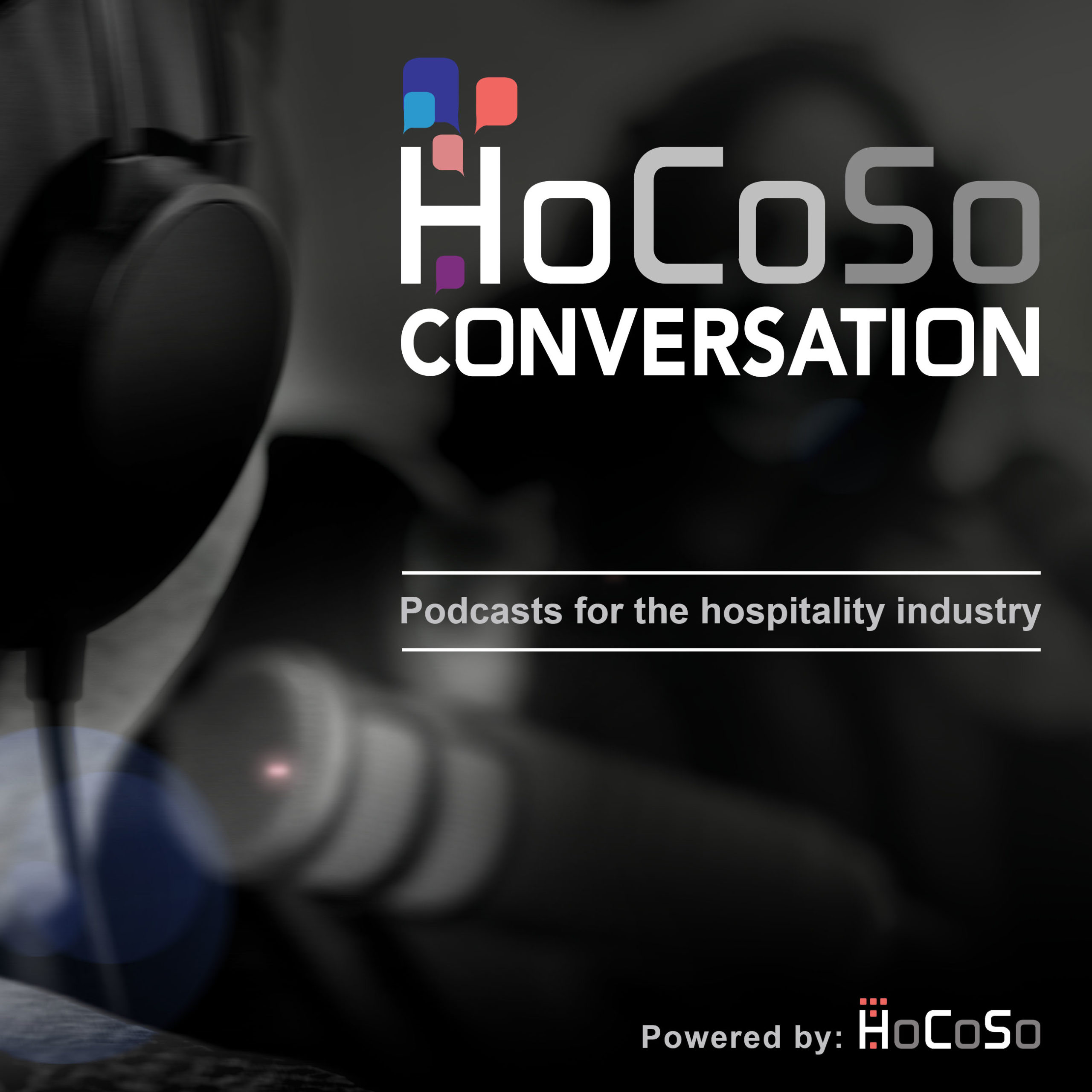 HoCoSo – The CONVERSATION is a podcast channel hosted by Jonathan Humphries, Chairman of HoCoSo, encouraging the discussion with thought leaders from the hospitality industry, from around the globe. We cover topics such as crisis management during economic declines, riots and protests, earthquakes and bombings; but also leadership, mentorship and coaching.
HoCoSo – The CONVERSATION is a podcast channel hosted by Jonathan Humphries, Chairman of HoCoSo, encouraging the discussion with thought leaders from the hospitality industry, from around the globe. We cover topics such as crisis management during economic declines, riots and protests, earthquakes and bombings; but also leadership, mentorship and coaching.
Tune in to The CONVERSATION.
Subscribe to our channel on Spotify, Apple Podcasts and many more…
About the Author – Stuart Pallister
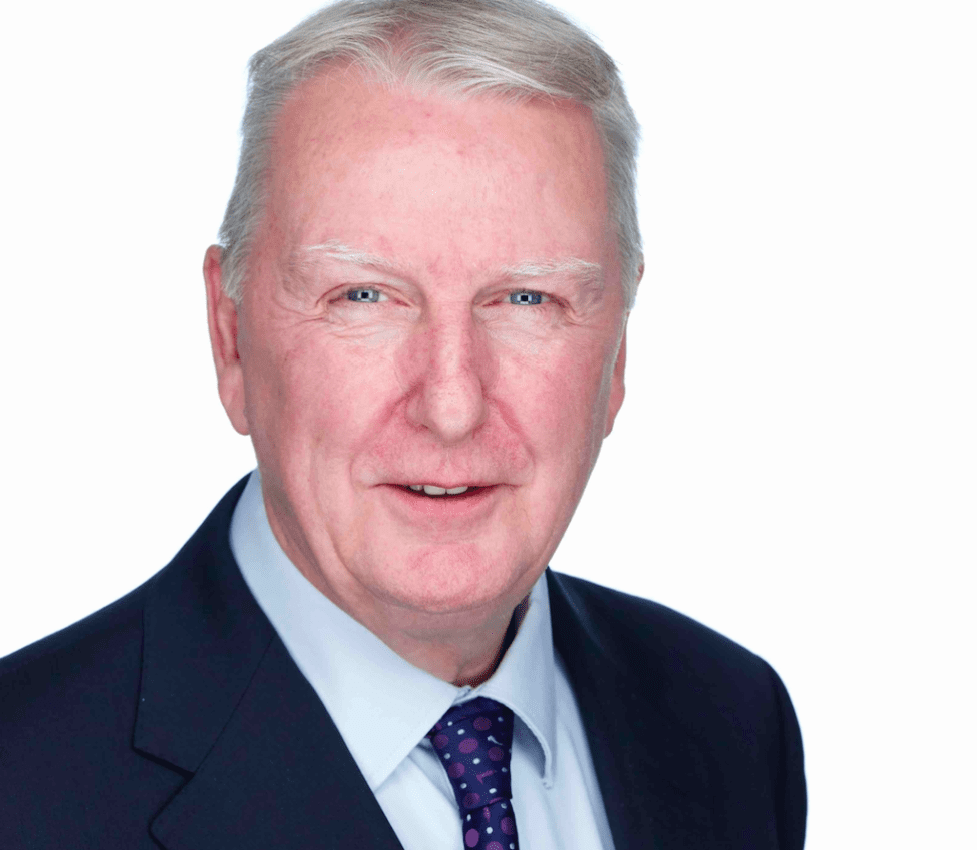 After working as a television journalist in Asia and Europe for nearly 20 years for mainly CNBC and Asia Business News, BBC Radio and TV, European Business News, and McKinsey, Stuart switched to digital content development at INSEAD business school and the National University of Singapore. He then headed the Academic Editorial Content at Ecole hôtelière de Lausanne and launched its knowledge platform Hospitality Insights by EHL.
After working as a television journalist in Asia and Europe for nearly 20 years for mainly CNBC and Asia Business News, BBC Radio and TV, European Business News, and McKinsey, Stuart switched to digital content development at INSEAD business school and the National University of Singapore. He then headed the Academic Editorial Content at Ecole hôtelière de Lausanne and launched its knowledge platform Hospitality Insights by EHL.
About HoCoSo
HoCoSo are advisors with a difference.
We create tailor-made and innovative solutions for clients’ hospitality-led projects by bringing together the optimum team of sector specialists.
Jonathan Humphries, Chairman and Owner of HoCoSo, and his direct team specialize in the extended-stay, co-living, and hotel-alternatives hospitality market; luxury, lifestyle and boutique hotels; and resort developments in Europe, the Middle East and Africa (EMEA). Our strengths lie in the following core services:
- Product & Concept Creation, for portfolio & individual asset developments.
- Strategic Development Projects with a focus on new-market / new-concept business expansion planning, operator selection, market and financial feasibility studies.
- Transformative Asset Management for brand re-positioning, asset re-evaluation and concept re-structuring.
- Hospitality Education for companies and academic institutions, with a focus on bespoke course development, training and teaching.
- Workshops, Keynotes and Conference Moderating for boards, leading international conferences and incubators.


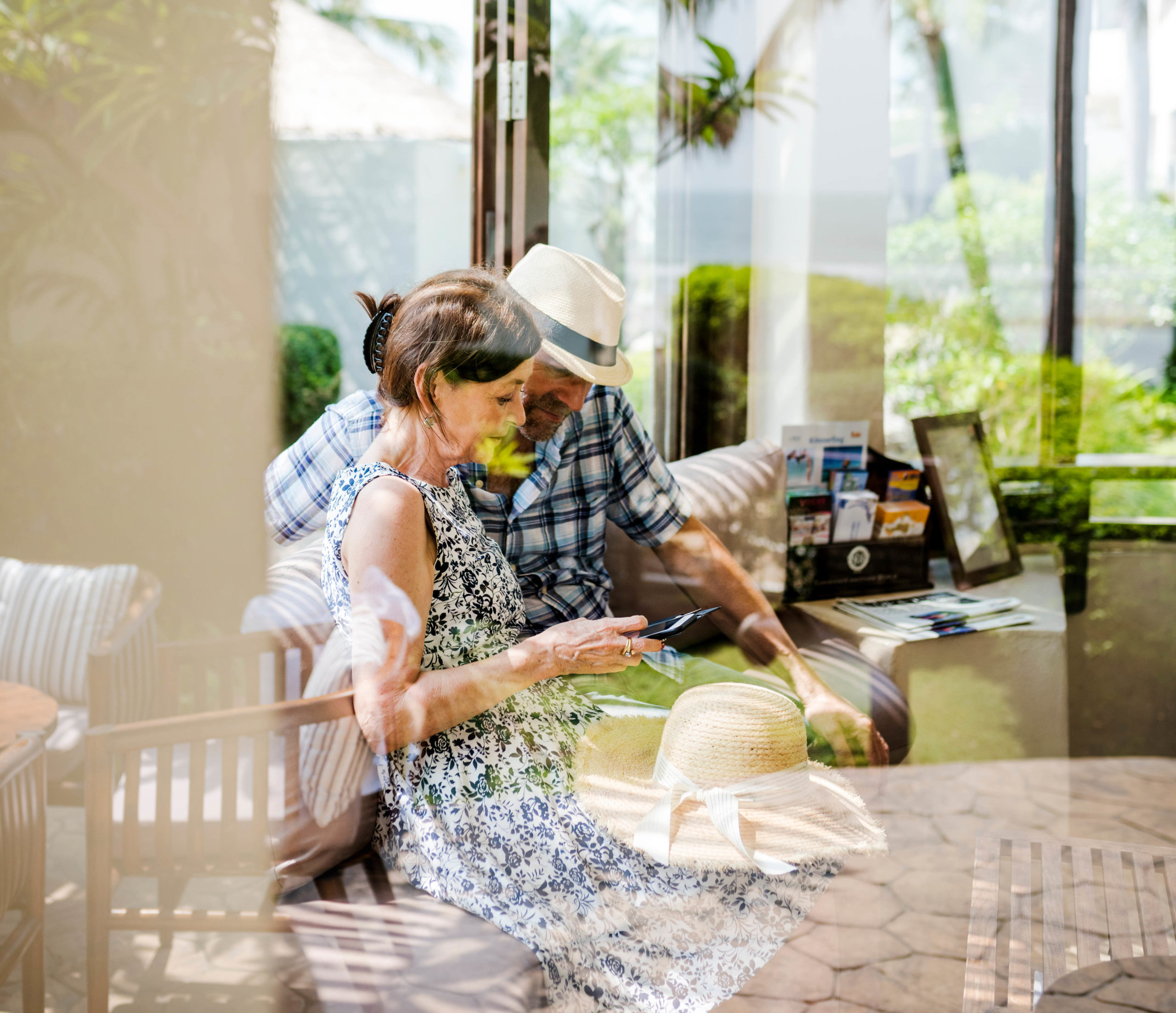

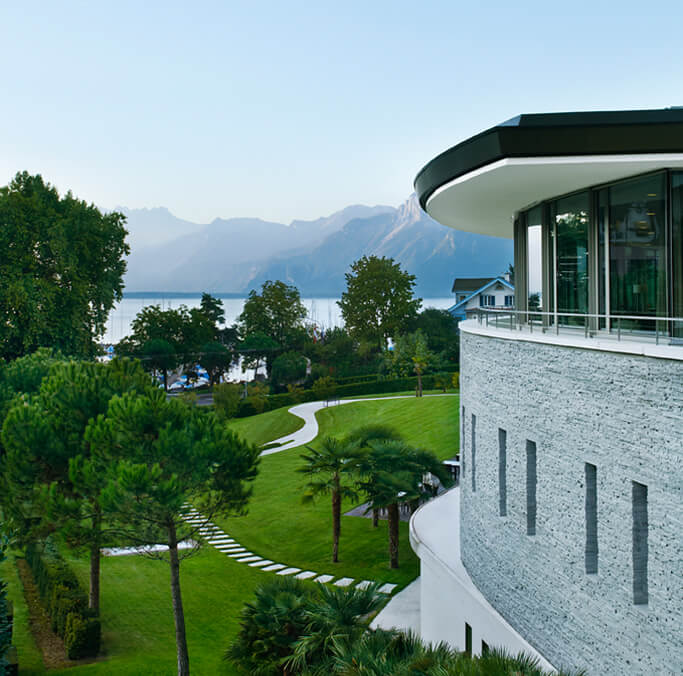

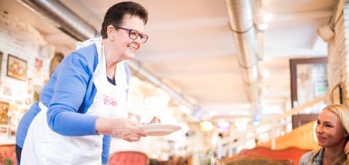
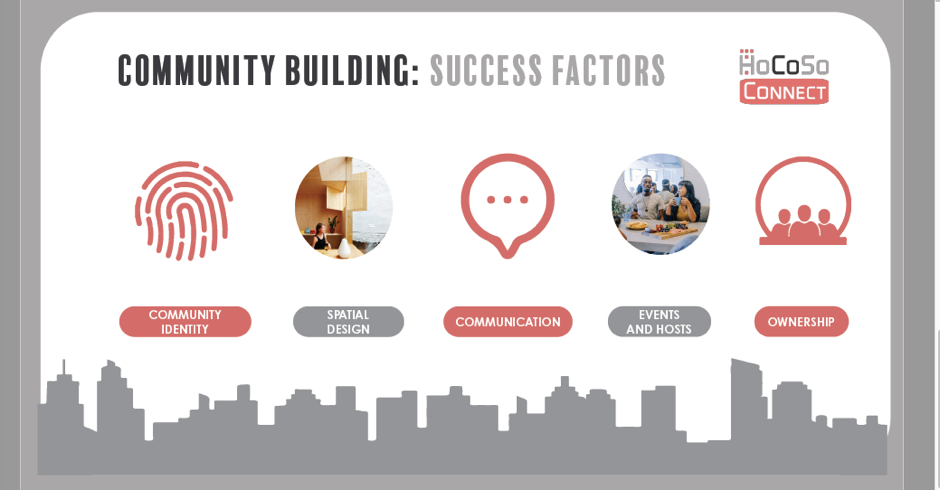
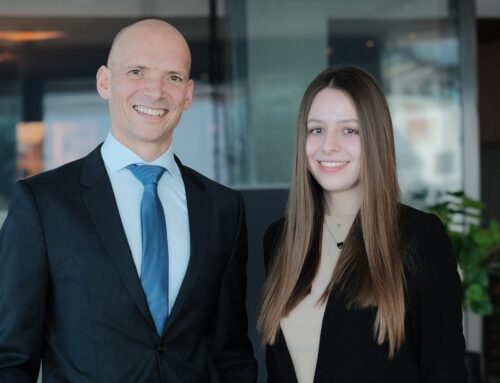
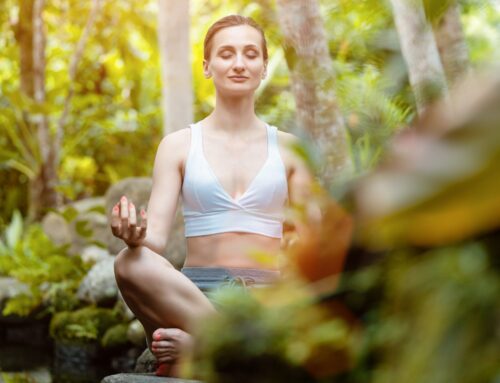


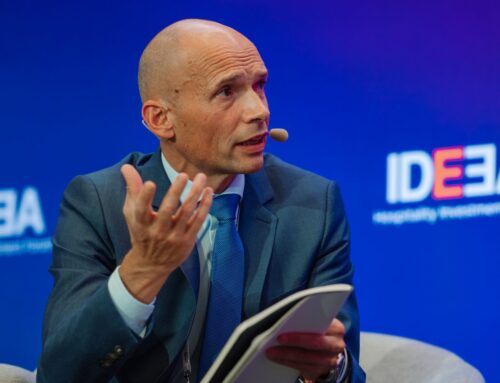
Leave A Comment